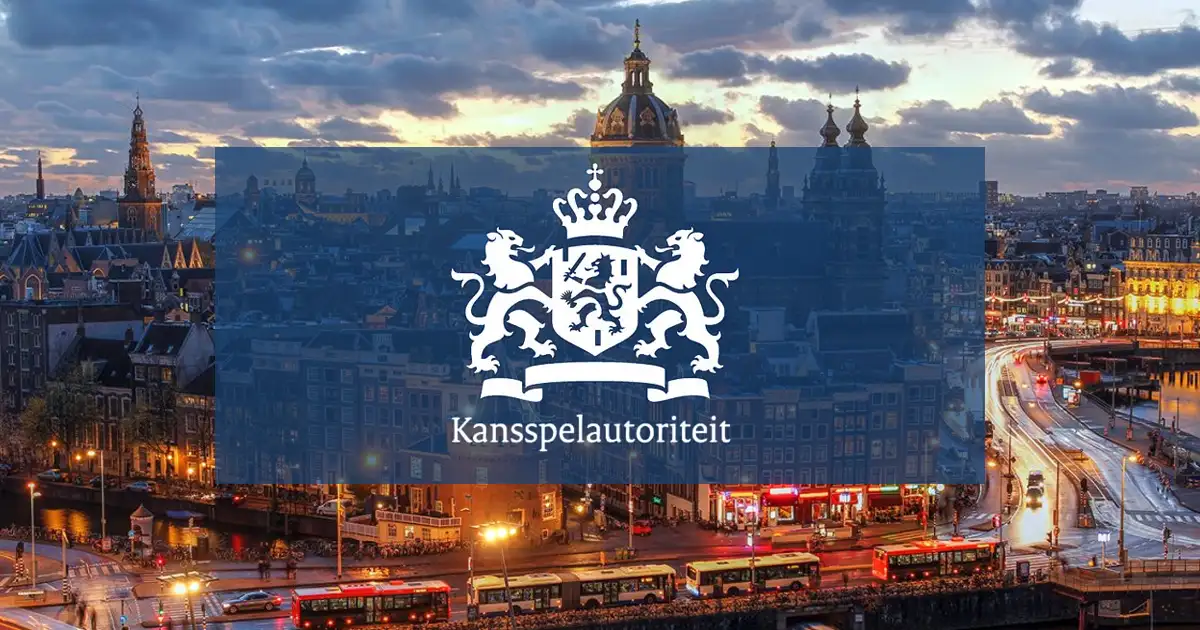13 online casinos receive warning from Ksa about Player Protection
The Dutch Gaming Authority Ksa has reprimanded 13 providers of online gambling for applying unauthorised conditions when paying out player balances. These providers were all in possession of a legal permit. But they were caught with practices that violate the regulations regarding the immediate payment of winnings.
The Ksa has instructed nine providers to stop these practices immediately. In addition, four other providers have been scrutinised. It is suspected that they also apply these procedures. These parties have been addressed and must now confirm in writing that they comply with the rules.
The obligations for providers when making payments
Online gambling providers must pay out credits at the player’s request. Nor may any conditions be imposed that delay or hinder payment. Signals received by the Ksa showed that some providers do indeed set requirements to the withdrawal of player balances.
In March, the Ksa informed all providers about the obligations regarding the payment of player credits. The authority emphasized that structural conditions that prevent payouts are prohibited. Specific reference was made to examples of unauthorised practices, such as setting minimum bet amounts and requiring players to play additionally before they can cash out their funds.
Investigation and consequences for the offenders
Despite the earlier warnings, the Ksa continued to receive signals that not all providers were adhering to the rules. This led to a further investigation in which 13 providers were identified as possibly violating the rules. Nine of them received a formal notice to stop immediately. The other four providers received a warning. Although no direct evidence of violations was found in the regulations.
All providers involved must now declare in writing that they do not apply minimum amounts or wagering requirements before payouts are made. The Ksa continues to monitor the sector closely and will take further steps where necessary to ensure that players can withdraw their funds without any obstacles.
The role of the Dutch Gaming Authority
The Gaming Authority is the supervisory authority responsible for regulating the gaming market in the Netherlands. The main objective of this is to protect consumers and prevent gambling addiction in addition to combating illegal gambling. The authority ensures that gambling providers comply with the applicable laws and regulations. And takes enforcement action when violations occur.
This includes monitoring both physical and online gambling. The Ksa ensures that the market remains transparent and fair. By issuing permits and supervising, the Ksa plays a crucial role in guaranteeing a safe gaming environment for consumers in the Netherlands.


